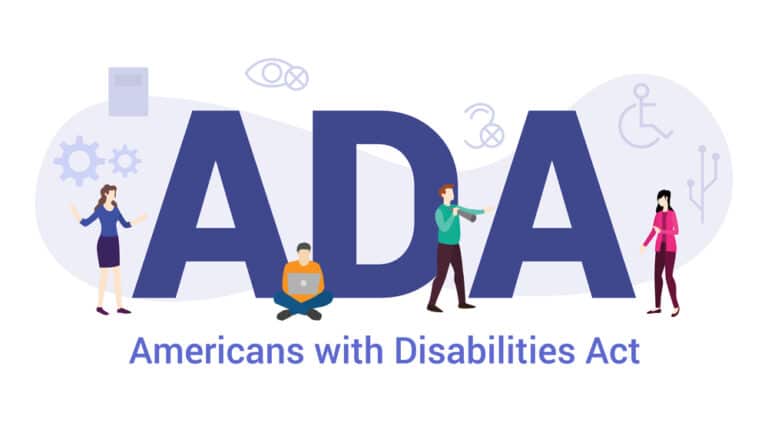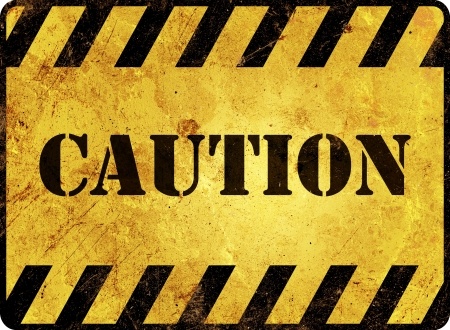Are you planning on buying or selling real estate? Make sure you know whose side your agent is on – the buyer’s, seller’s or both. When a real estate agent represents both a buyer and seller in a real estate transaction, this is called dual agency. While legal, to be a dual agent requires your realtor to provide specific, written disclosures to the property owner and buyer and obtain their written consent. Failure to disclose dual agency involves serious risk and liability by the agent.
A real estate agent owes a duty to its clients of the utmost care, integrity, honesty and loyalty in all dealings. This fiduciary duty generally arises at the creation of the agency relationship, which is usually the execution of the listing agreement, the contract between you and your agent. The agent must act in your best interest, but when they represent both you and the other party involved in the transaction, there are inherent conflicts that exist in this type of dual representation. For instance, if an agent represents both sides, it will know how low a seller will go to make the deal; or how much the buyer is willing to pay. The agent however may not, without the express permission of the respective party, disclose to the buyer that the seller will accept a price less than listed or that the buyer will pay a price greater than offered.
So be careful in dual agency situations. Failure to disclose dual agency can directly impact the validity of a sale. You, as a buyer or seller, are still charged with the responsibility to read all the documents you are signing. If you are unclear whether your agent is acting in your best interest, ask questions. If you question whether your agent is working in your best interest, please don’t hesitate to contact us.






